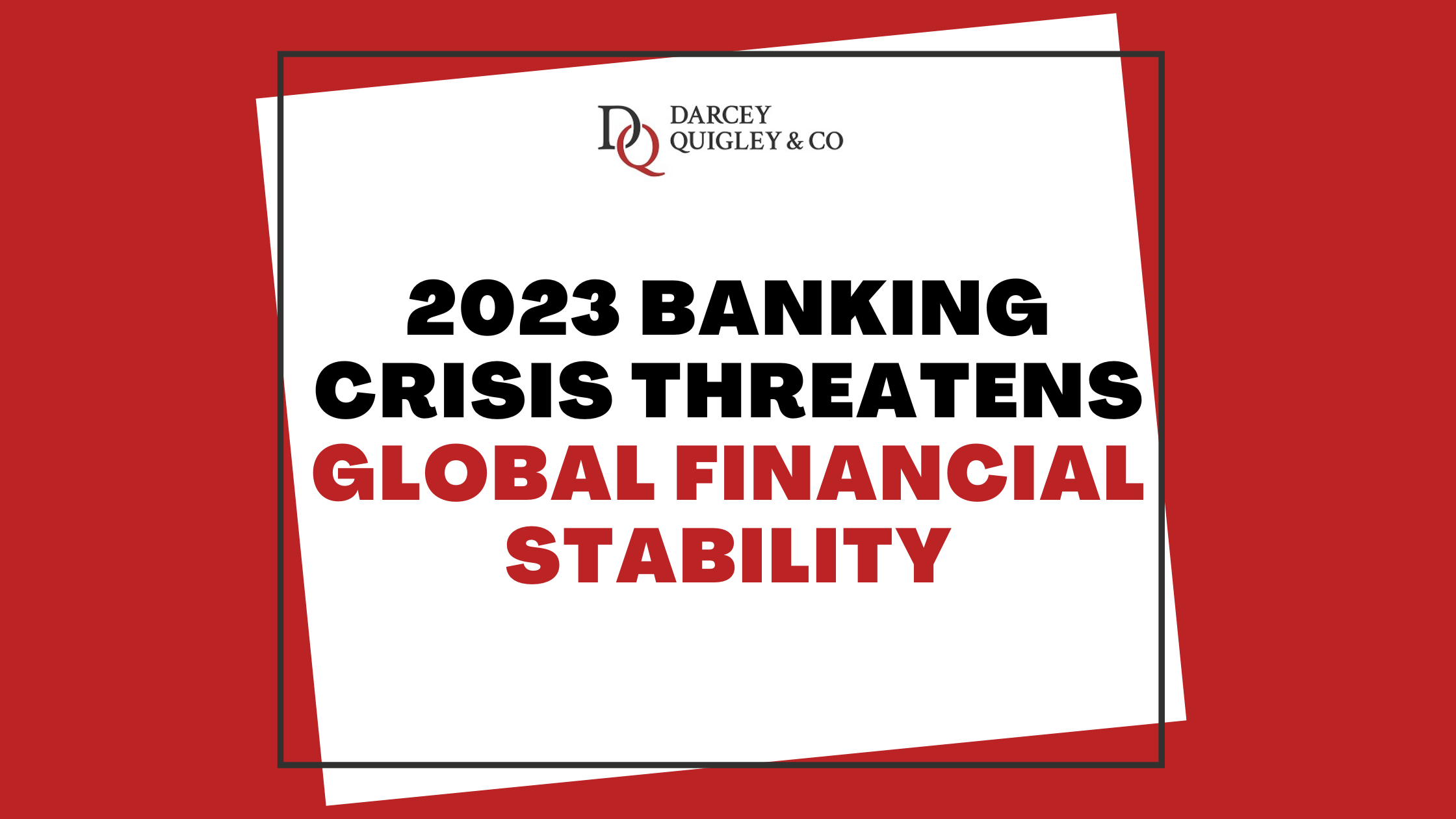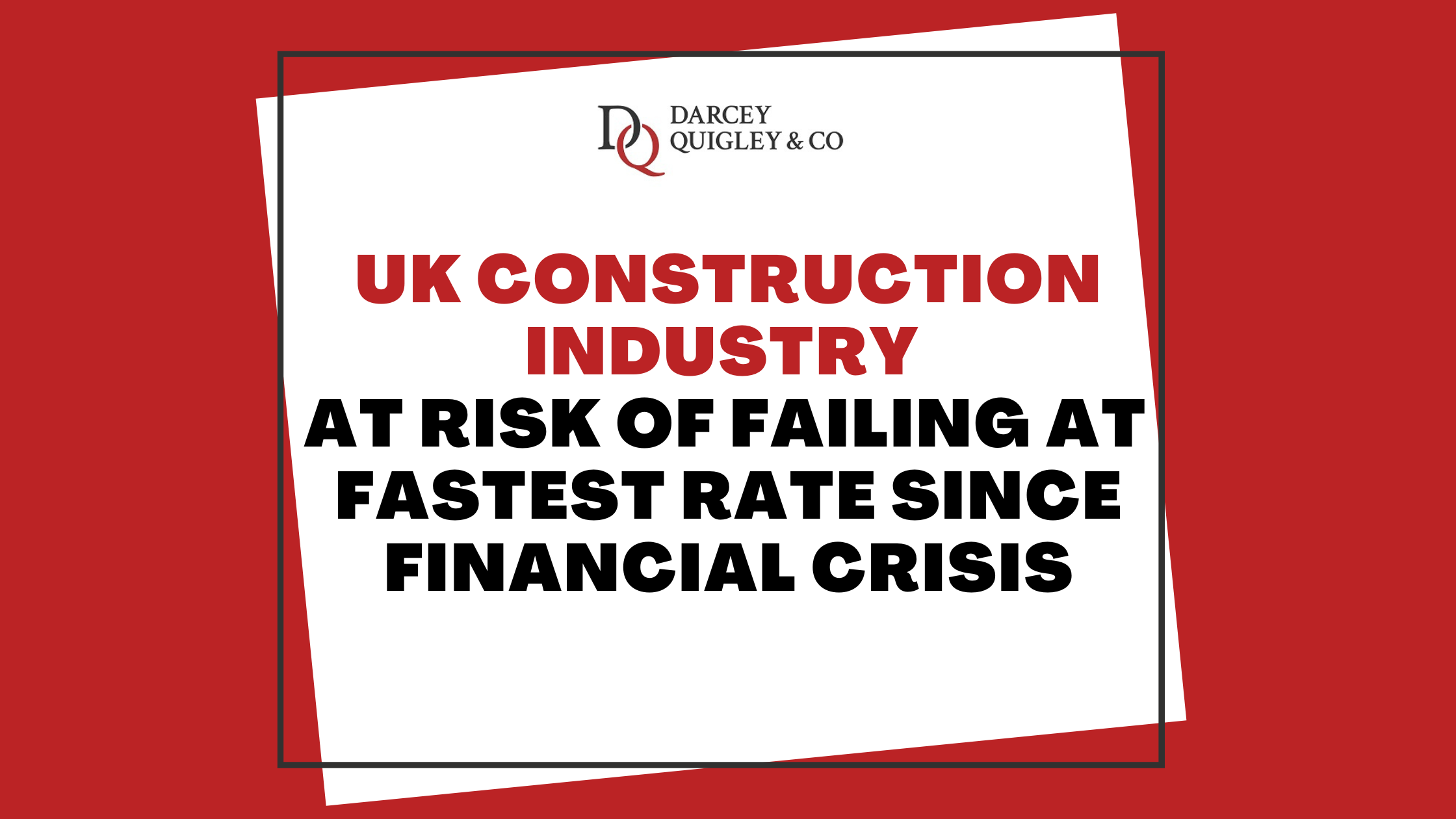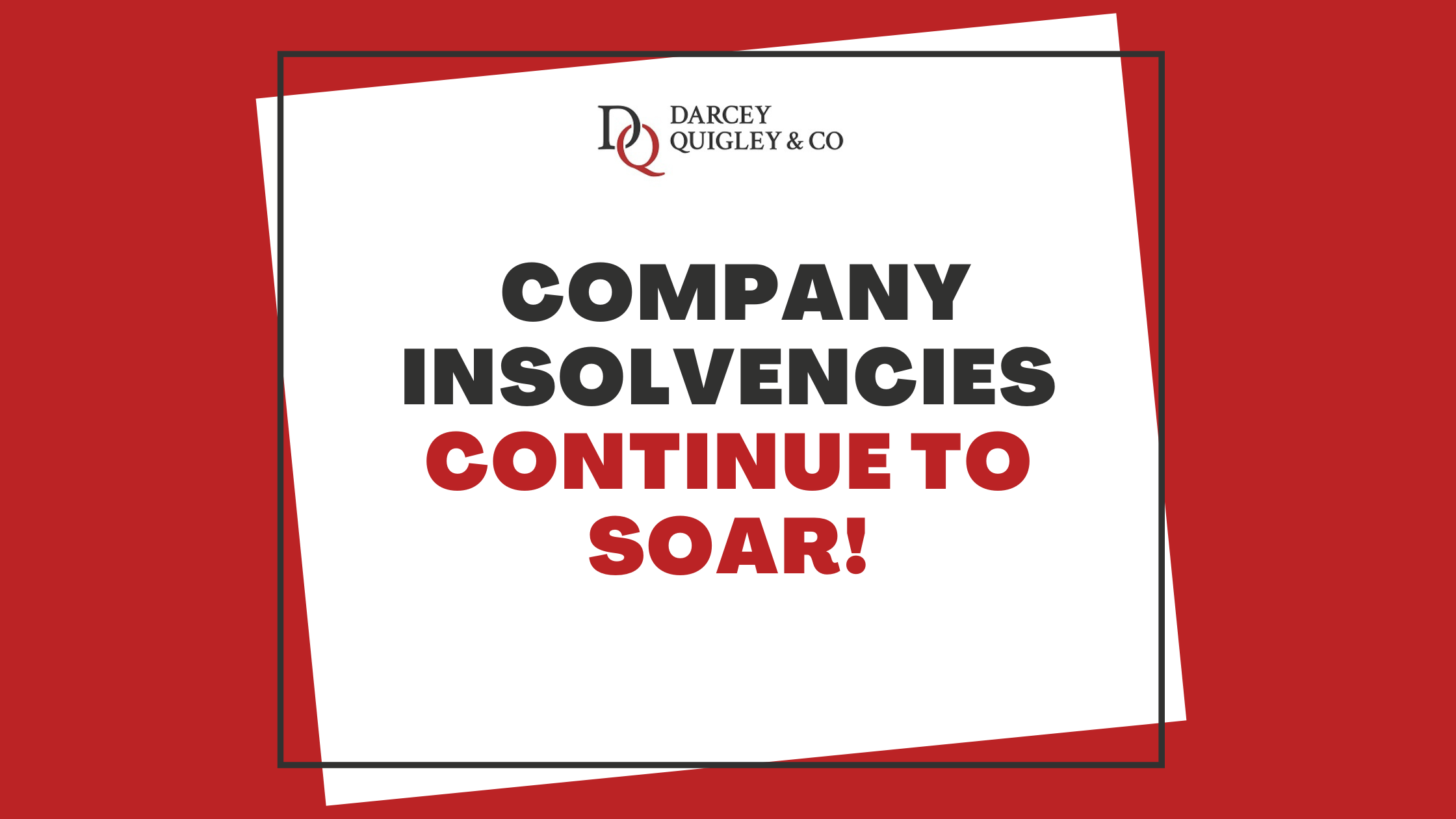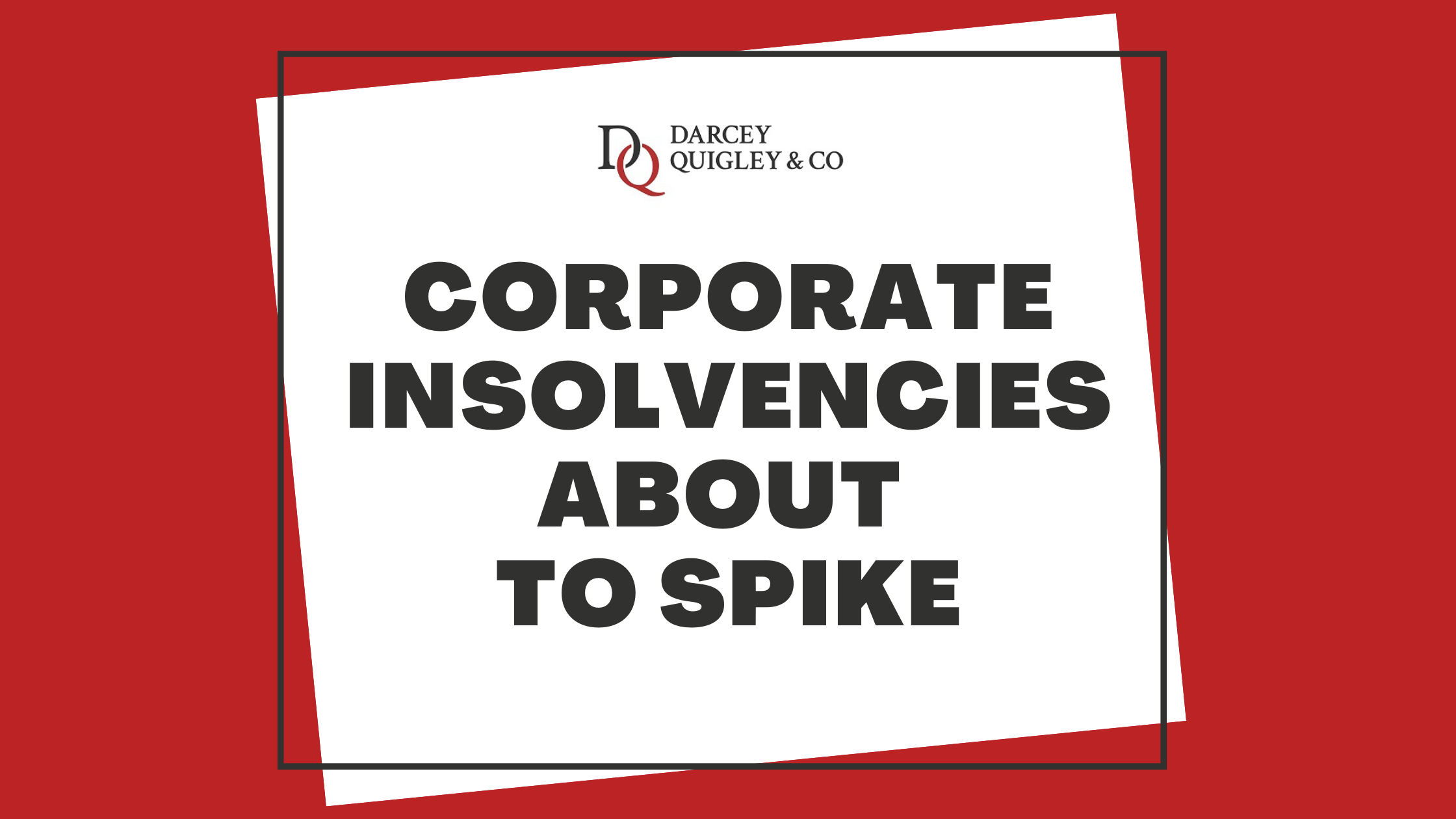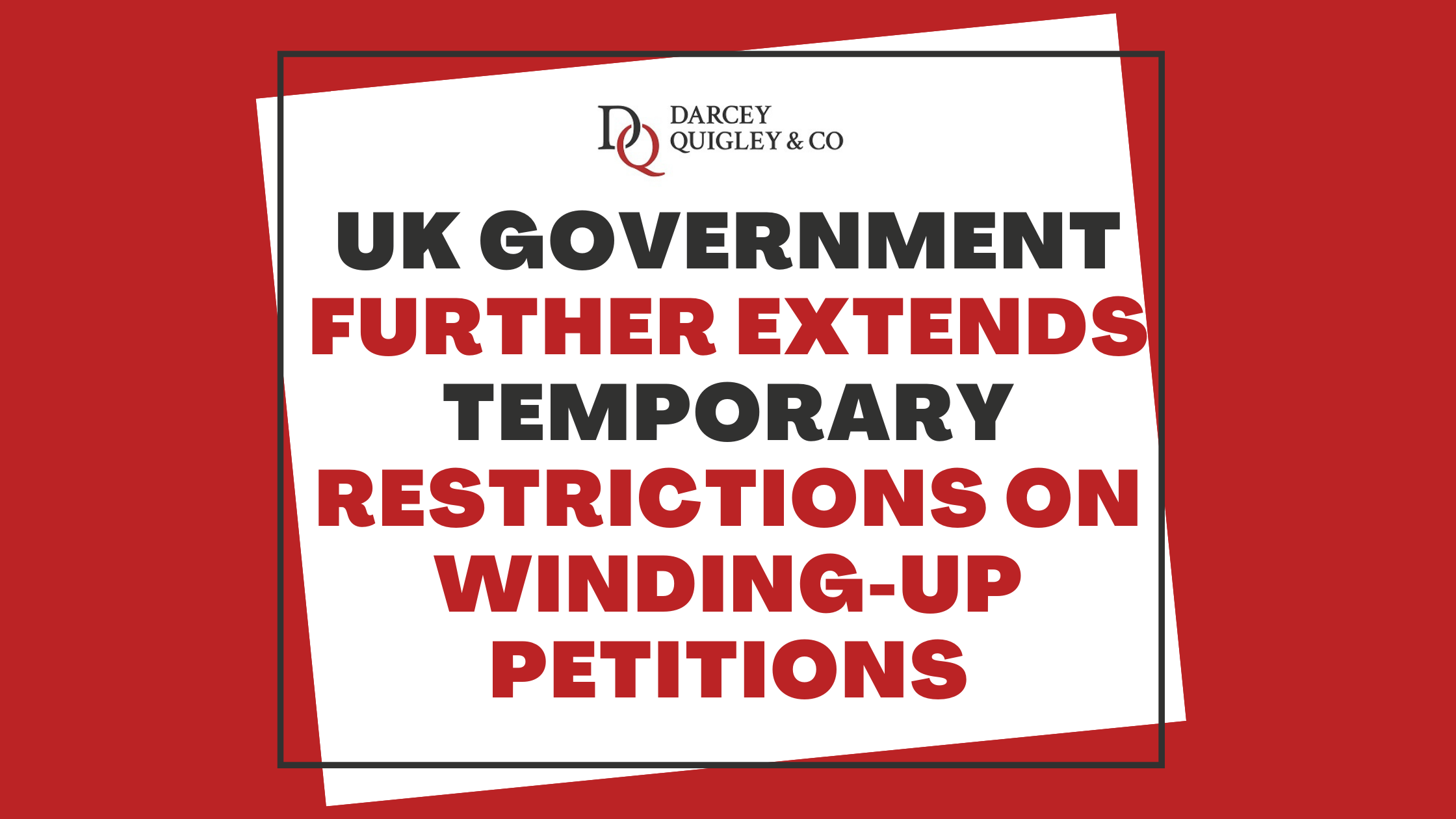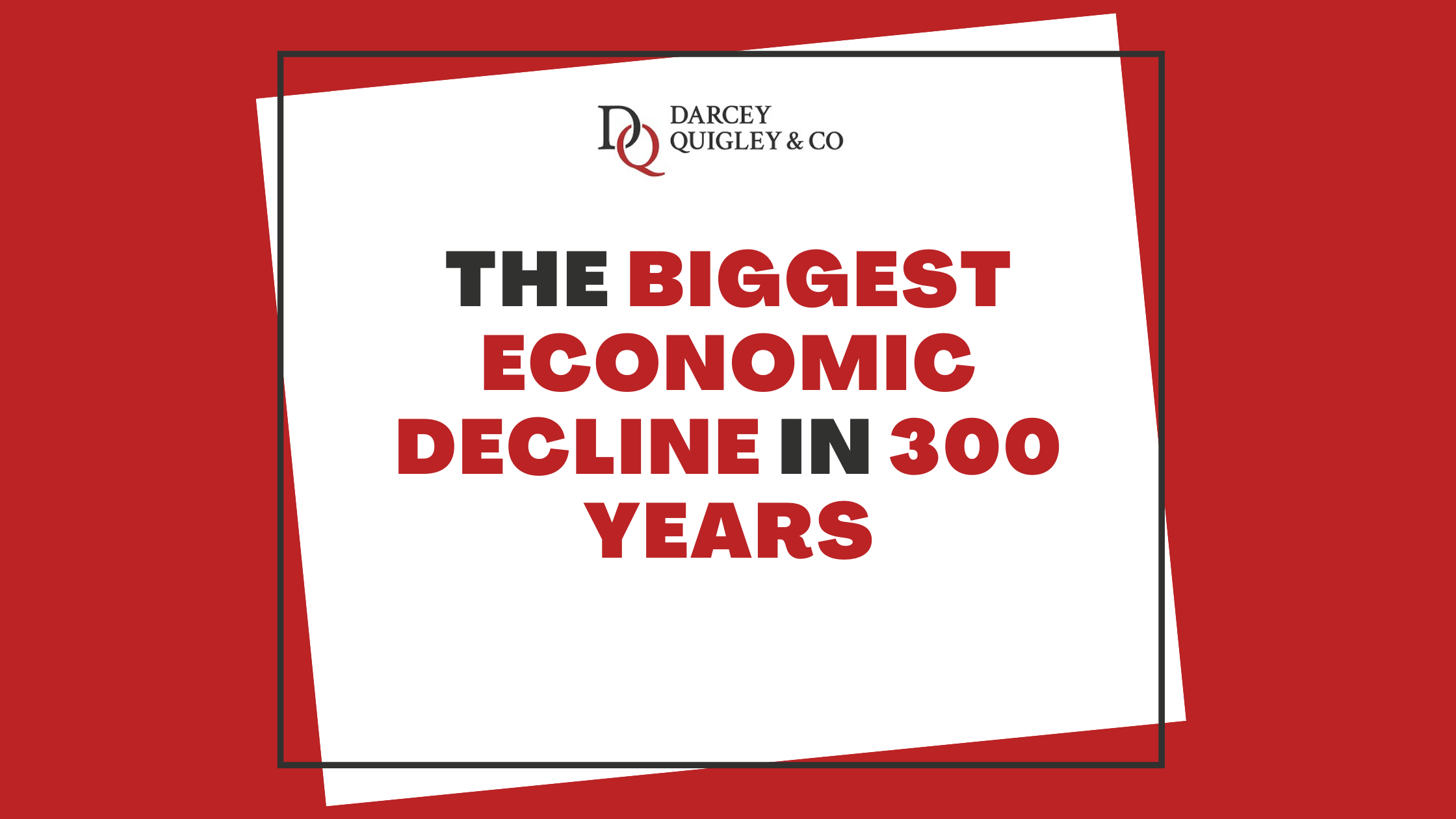Consumer Opinion on Late Payers
Consumers are the lifeblood of any business. Without them, businesses would simply not exist. So, when a recent study conducted by Xero asked consumers their thoughts and opinions on late payers, the answer would certainly come as a surprise to those considered as one.
This blog discusses the negative impacts being a debtor can have on cashflow and how those considered repeat late payers can overtime establish a bad reputation for their business overall.
Form of theft?
“70% see late payments as a form of big businesses theft or bullying” (Xero, 2024)
Many consumers perceive late payment as a form of theft. So why do businesses continuously think it is ok to be a late payer? For many established businesses, the concept of late payment is considered a ‘power play’ tactic. This tactic is often used as a way to benefit from tax advantages as well as fuel the overall growth of a business. Through exploiting the willingness and goodwill of the supplier who is eager to trade with bigger, more financially robust organisations, these types of businesses are known to overlook the catastrophic effects late payment can have on the daily operations of smaller businesses.
These include:
- Negative impact on cashflow
- Wasted time spent chasing late payments
- Less capital available to reinvest
- Job redundancies
- Salary and promotion issues
- Potential closure of business
No Excuse for Late Payment
“80% of people say that there’s no excuse for big businesses to pay late” (Xero, 2024)
In a digital world where technology has never been so advanced, consumers believe there is no excuse for missed payments anymore. From mobile payments, QR payments, superapps and card payments, businesses now have multiple ways to repay the monies owed to their suppliers, but some still fail to do so. This is one of the reasons why “more than two thirds of the public (72%) say they would prefer not to buy from companies that don’t pay their bills on time” (Xero, 2024).
What is being done to solve this late payment problem?
Since the introduction of the Prompt Payment Law in April 2024, a legislation designed to address the issue of late payments which have long been a challenge for small and medium-sized enterprises (SMEs) in the UK, more and more businesses are now being held accountable for disregarding payment agreements.
From April 1st, large firms who are bidding for government contracts over £5 million will have to prove that they pay their invoices within an average of 55 days, and this will be tightened to 45 days by the following year. If businesses cannot prove that they pay invoices promptly, they will fail the selection process. This new law will be an addition to the existing requirement of paying at least 90% of invoices within 30 days.
While legislation like this will help in tackling the ongoing issue of late payment, it is important to note that it won’t deter all businesses from paying suppliers later than agreed. If this is the case with your business, then Darcey Quigley & Co could be the solution to helping you recover the monies owed to your business.
- We operate on a no win, no fee basis.
- Cases actioned within 1 hour with 48-hour turnaround.
- 93% success rate recovering overdue invoices.
- Fees starting from just 3%.
- Recover late payment interest and compensation on your behalf with an 89% success rate recovering additional charges.
- UK & International coverage.
- Rated 5 Stars on Trustpilot.
If you have questions about a business debt schedule a call with one of our commercial debt specialists here or phone 01698 821 468.
Lynne is the Founder and CEO of Darcey Quigley & Co.
She is passionate and determined to help businesses get overdue invoices paid quickly.
Having worked within the credit management industry for over 27 years and ran UK leading commercial debt recovery specialists Darcey Quigley & Co for over 17 years, Lynne has helped businesses recover commercial debts from every continent across the globe.
Connect with me on LinkedIn!



